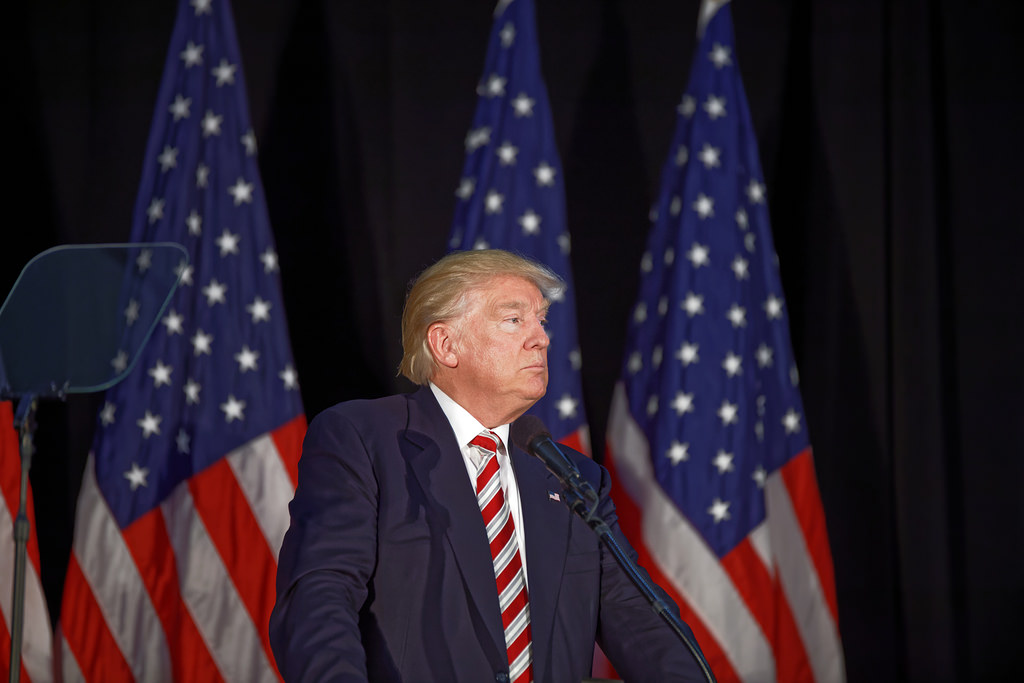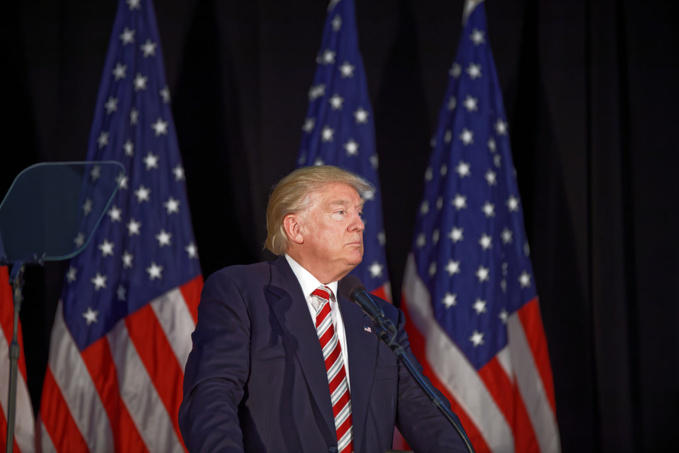Earlier, President Donald Trump threatened that America could withdraw from the NAFTA because of the unprofitableness of the agreement for the United States. He called the treaty, which has been in force since 1994, a "catastrophe". According to him, NAFTA favors Canadian and Mexican imports, and has caused Americans to lose more than a quarter of their jobs. In April, the media wrote that the White House is preparing to review the NAFTA or even withdraw from the agreement and is going to agree on the text of the relevant decree with the congressmen. However, on April 27, the White House reported that Trump said that he did not plan an immediate withdrawal from the agreement in telephone conversations with Canadian Prime Minister Justin Trudeau and Mexican President Peña Nieto. The parties agreed to "resume negotiations on NAFTA for the benefit of all three countries." Lighthizer’s statement became the US’s first step in the negotiations on a possible change in the terms of the agreement.
As reported by The Wall Street Journal, the project also outlines priorities of the American companies in the selection of suppliers for procurement and proposals to resolve the problems with Mexico related to the labor market and the environment.
Canadian Foreign Minister Chrystia Freeland called a list of priorities, directed to the US Congress, "part of the internal process" for the United States. A source close to the Canadian government noted that the document "is not shocking." He said that representatives of the three countries will discuss logistics of future negotiations, which could begin in mid-August.
The Mexican Ministry of Economy has promised to strive for constructive negotiations, so that cooperation and economic integration can intensify as a result of growing mutual trade and increased investment flow. A senior Mexican government official told Reuters that the list of US targets is "not as scary as he expected" and expressed his satisfaction with the fact that the US did not impose fines, as Trump threatened.
The presented plan caused a restrained reaction of business and Republican congressmen, notes WSJ. Democrats have already criticized the document for vagueness of the language and inadequacy of the proposed measures.
source: reuters.com, wsj.com
As reported by The Wall Street Journal, the project also outlines priorities of the American companies in the selection of suppliers for procurement and proposals to resolve the problems with Mexico related to the labor market and the environment.
Canadian Foreign Minister Chrystia Freeland called a list of priorities, directed to the US Congress, "part of the internal process" for the United States. A source close to the Canadian government noted that the document "is not shocking." He said that representatives of the three countries will discuss logistics of future negotiations, which could begin in mid-August.
The Mexican Ministry of Economy has promised to strive for constructive negotiations, so that cooperation and economic integration can intensify as a result of growing mutual trade and increased investment flow. A senior Mexican government official told Reuters that the list of US targets is "not as scary as he expected" and expressed his satisfaction with the fact that the US did not impose fines, as Trump threatened.
The presented plan caused a restrained reaction of business and Republican congressmen, notes WSJ. Democrats have already criticized the document for vagueness of the language and inadequacy of the proposed measures.
source: reuters.com, wsj.com



















